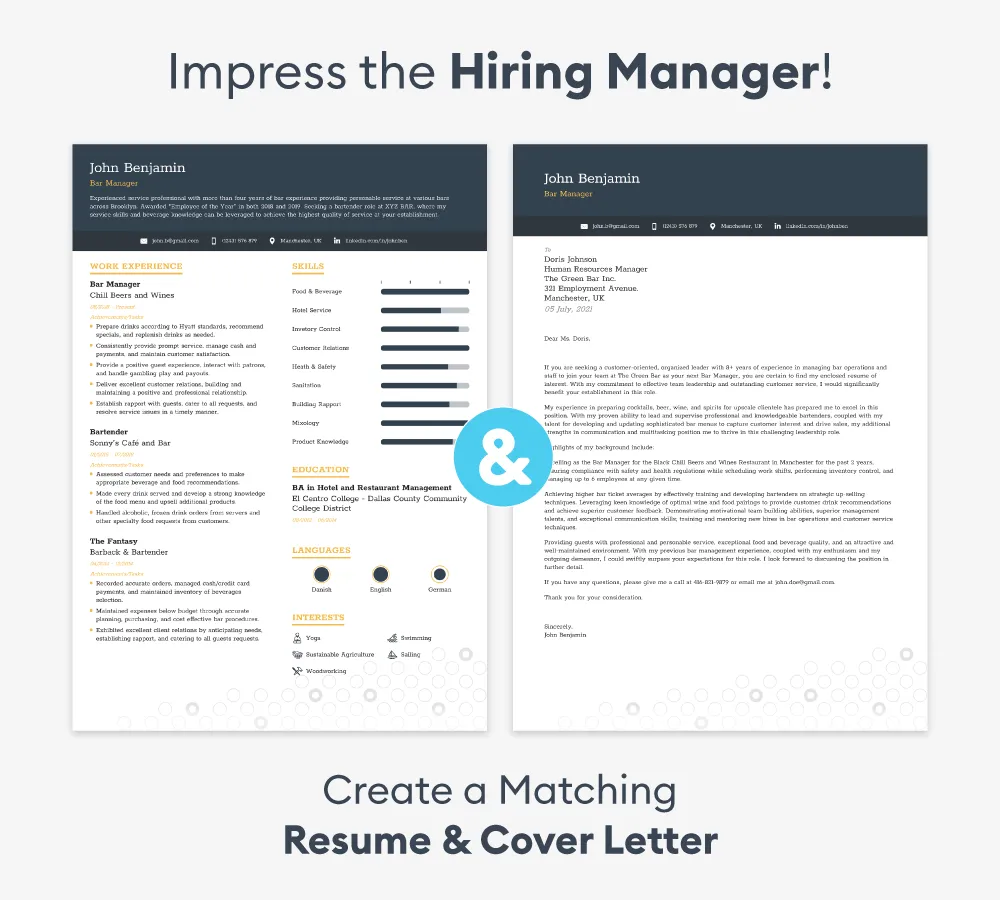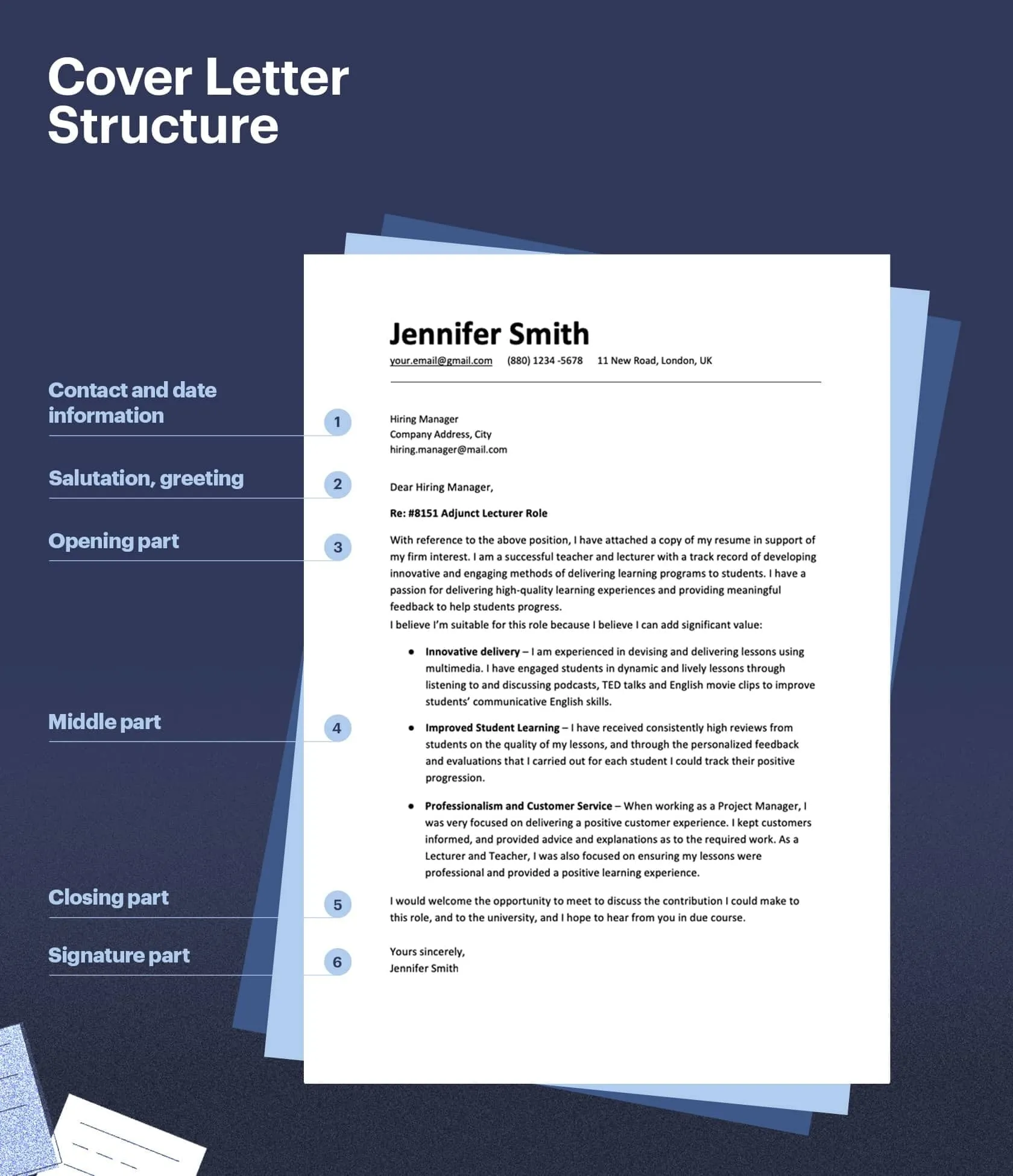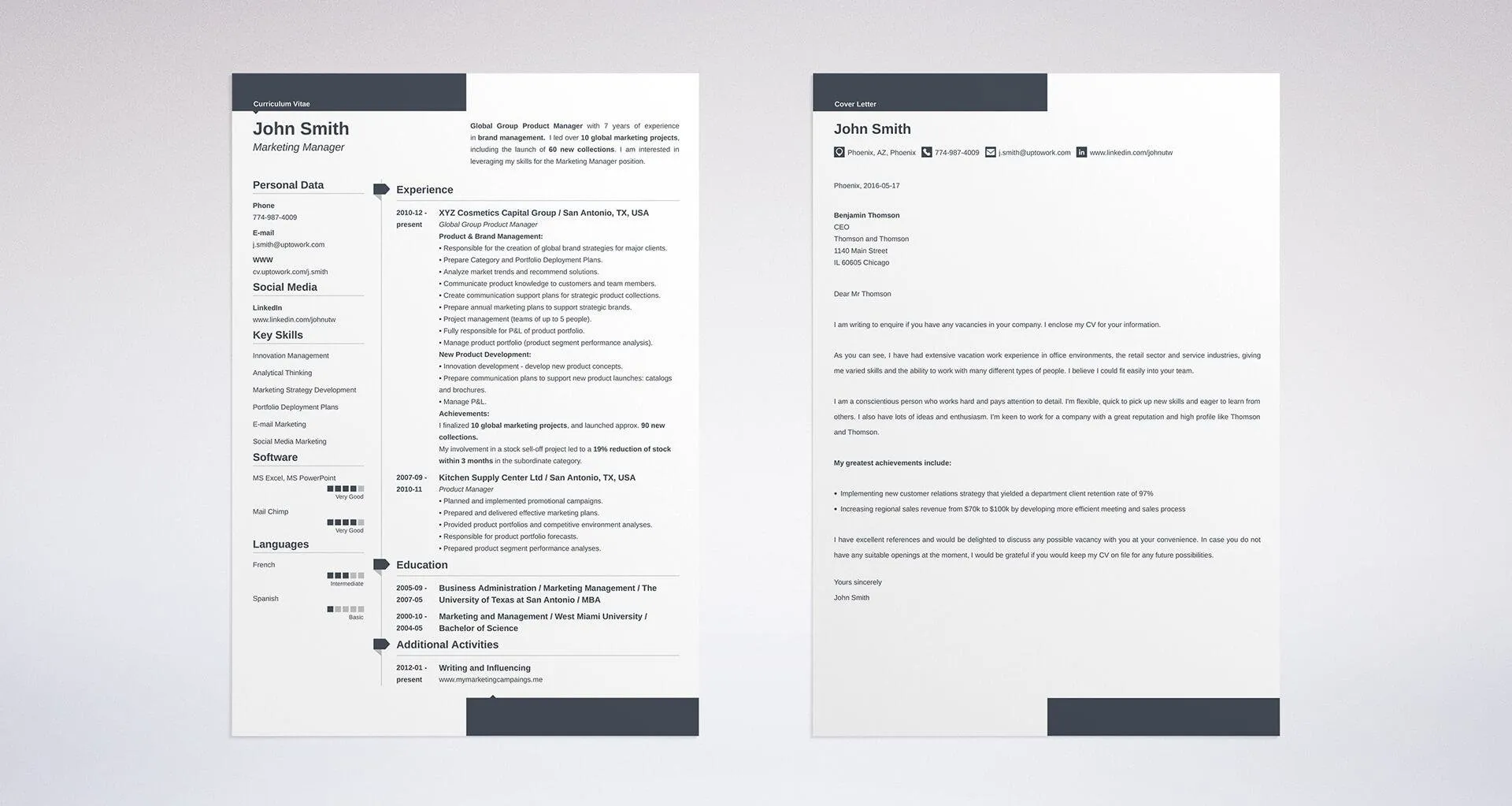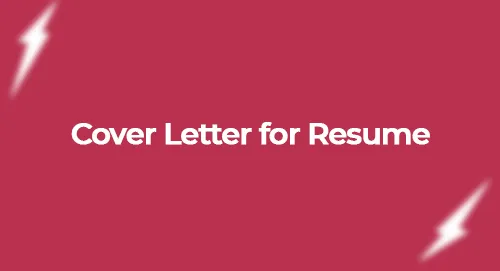Common Cover Letter Mistakes
A cover letter is your first chance to make a strong impression on a potential employer, but it’s also a prime opportunity to make a few critical mistakes that can send your application straight to the rejection pile. Many job seekers underestimate the importance of a well-crafted cover letter, viewing it as a mere formality. However, a cover letter is not just an accessory; it’s a crucial tool that allows you to showcase your personality, highlight your relevant skills, and demonstrate your genuine interest in the position and the company. Avoiding common cover letter mistakes can significantly increase your chances of landing an interview. This guide explores the top five pitfalls to avoid when writing a cover letter, providing actionable advice to help you create a compelling document that grabs the attention of hiring managers and sets you apart from the competition.
Generic Cover Letters
One of the most significant blunders you can make is submitting a generic cover letter. These are letters that could be sent to any company for any job, lacking any specific tailoring to the role or the organization. A generic cover letter often feels impersonal and suggests that the applicant hasn’t invested time or effort in understanding the company’s needs or the job requirements. This lack of personalization immediately flags the applicant as someone who might not be genuinely interested in the position or the company, reducing their chances of moving forward in the hiring process.
Why Generic Cover Letters Fail

Hiring managers read countless applications, and a generic cover letter is easily spotted. These letters often fail to address the specific needs of the company or the requirements of the job description. They frequently lack the enthusiasm and detail that demonstrate a genuine interest in the opportunity. Generic cover letters do not make any effort to demonstrate what you can bring to the organization. Employers want to see that you’ve done your homework, that you understand their company culture, and that you have a clear idea of how your skills and experience align with their needs. A generic cover letter simply won’t achieve this, and it will result in the application being discarded.
Lack of Research
Another major mistake is failing to conduct adequate research on the company and the specific role you are applying for. A cover letter that lacks evidence of thorough research is immediately perceived as a sign of a lack of interest. It demonstrates that the applicant has not taken the time to understand the company’s mission, values, or recent achievements. This lack of knowledge can also extend to the specific responsibilities and requirements of the job, making it difficult for the applicant to effectively showcase their qualifications and explain how they can contribute to the organization’s success.
Impact of Not Researching the Company
When you fail to research the company, you miss the opportunity to tailor your cover letter to the organization’s specific needs and demonstrate your understanding of its challenges and goals. This can result in a cover letter that feels generic and fails to highlight your relevance to the position. Furthermore, without proper research, you may struggle to identify the specific skills and experiences the employer is seeking, making it harder to frame your qualifications effectively. Hiring managers are looking for candidates who are genuinely interested in their organization and can articulate how their skills align with the company’s objectives. Not doing your homework puts you at a disadvantage.
Typos and Grammatical Errors

Typos and grammatical errors are a surefire way to undermine your credibility and make a negative impression on hiring managers. A cover letter filled with errors suggests a lack of attention to detail, a critical skill in many professional roles. Even a minor typo can create a sense of unprofessionalism, leading the reader to question your overall competence. These errors can easily distract the reader from the content of your letter, shifting the focus from your skills and experience to your mistakes. A well-written cover letter must be free of errors to convey professionalism and demonstrate your commitment to excellence.
Why Proofreading is Crucial
Proofreading is an essential step in the cover letter writing process. A cover letter is your introduction to a potential employer and a polished, error-free document demonstrates your professionalism. Always proofread your letter carefully, ideally multiple times. Consider using grammar and spell-checking software to catch common errors, but don’t rely on these tools alone. Have a friend, family member, or career advisor review your letter for any mistakes that you might have missed. Proofreading ensures that your qualifications are presented in the best possible light, increasing your chances of landing an interview. A flawless cover letter shows that you are meticulous, detail-oriented, and take pride in your work.
Focusing on Yourself Too Much
While it’s important to highlight your skills and experiences, focusing too much on yourself can be another significant mistake. Your cover letter should showcase your qualifications, but the focus must be on how you can contribute to the company and solve their problems. Many applicants make the mistake of simply listing their accomplishments without explaining how these align with the needs of the organization. The best cover letters are those that demonstrate how your skills and experiences can benefit the employer. Avoid lengthy descriptions of your personal achievements without connecting them to the job requirements and the company’s goals.
How to Shift the Focus

To shift the focus away from yourself and towards the employer, tailor your cover letter to the job description and the company’s needs. Instead of simply listing your past accomplishments, explain how these experiences have prepared you to excel in the specific role. Provide specific examples of how you have used your skills to solve problems, achieve results, or contribute to a team’s success. Always connect your skills and experiences to the job requirements, demonstrating a clear understanding of what the employer is looking for. By focusing on how you can benefit the company, you can demonstrate your value and make a stronger impression on the hiring manager.
Ignoring the Job Description
One of the most frequently made mistakes is ignoring the job description. The job description is a detailed guide to what the employer is looking for in a candidate. It outlines the key responsibilities, required skills, and desired qualifications. If your cover letter does not directly address the requirements outlined in the job description, you risk being overlooked. Tailoring your cover letter to the job description demonstrates your ability to pay attention to details and your understanding of the position’s requirements. It’s an easy way to quickly showcase your suitability for the job.
Understanding the Importance of Job Description
The job description is more than just a list of responsibilities; it’s a roadmap to a successful application. Carefully review the job description and identify the key skills, experiences, and qualifications the employer values. Use this information to tailor your cover letter, highlighting the relevant aspects of your background. Use the same keywords and phrases used in the job description to showcase your alignment with the position’s requirements. Providing specific examples of how you have demonstrated these skills in the past will further strengthen your application. Make sure to address all the essential points, making it clear that you meet the employer’s needs and are a strong candidate for the role.
Conclusion

Avoiding these five common cover letter mistakes will significantly improve your chances of landing an interview. By ensuring your cover letter is tailored, well-researched, error-free, focused on the employer’s needs, and directly addresses the job description, you can create a compelling document that effectively showcases your skills and qualifications. Remember, your cover letter is a critical tool that helps you make a strong first impression and sets you apart from the competition. Take the time to craft a thoughtful, personalized, and polished cover letter that highlights your value and demonstrates your genuine interest in the position and the company. A well-written cover letter is an investment in your career and a powerful asset in your job search.
